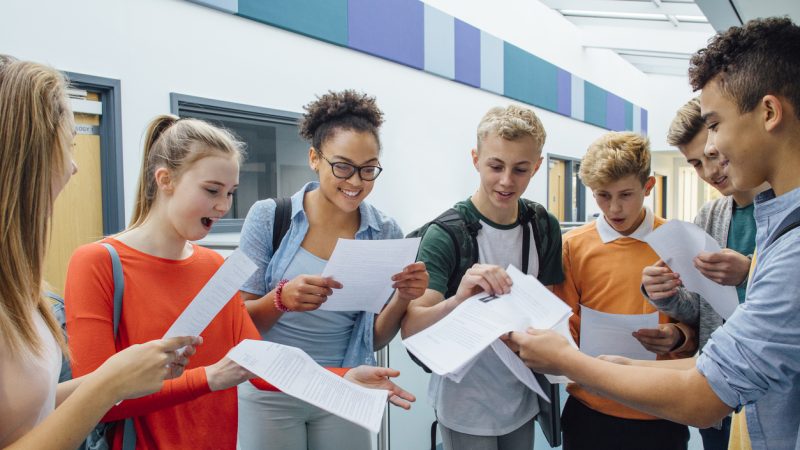Best reading and writing lesson plans for KS4 English

Help your Year 10 and 11 students on the path to their GCSEs with these free lesson plans

- by Teachwire
- Classroom expertise and free resources for teachers

1 | Hone Students’ Oratory Skills by Crafting a Persuasive Speech
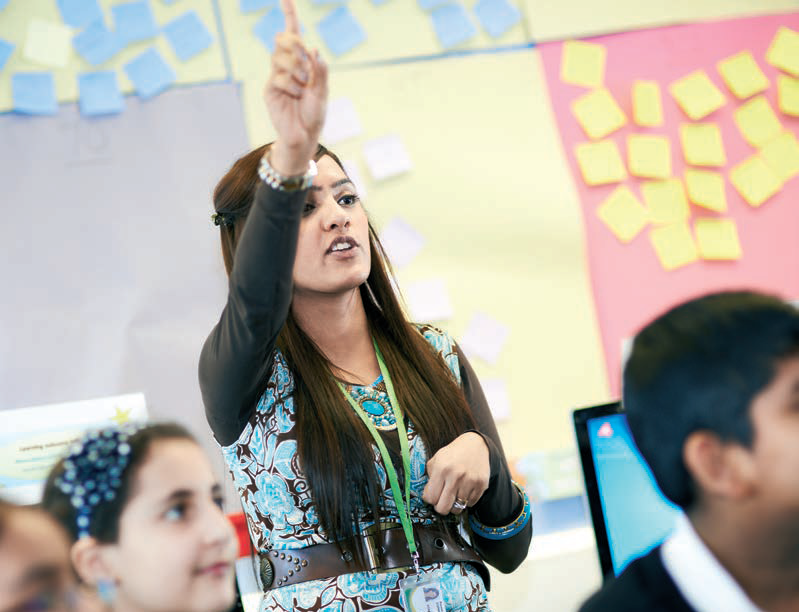
Oratory is a key skill that can be used to get ahead in many walks of life, from politics to technology – and, indeed, in teaching.
Stu Fink sets out a series of activities that will see students attempting to craft a persuasive speech, give a compelling presentation and hold their own in a pitched debate…
2 | “Yeah, But, No, But…” Persuasive Writing Techniques with Little Britain‘s Vicky Pollard

Teaching the art of persuasive writing allows us really to challenge, and be challenged by, our students; this lesson combines a variety of individual and group tasks designed to get students to explore difficult moral issues whilst at the same time developing their understanding of how writers manipulate language and why it is essential to support opinions with evidence.
Students will develop their vocabulary, analyse how speakers use language and different types of evidence to persuade, and create a piece of persuasive writing.
3 | Use Memory, Research and Narrative to Produce Structured and Creative Travel Writing
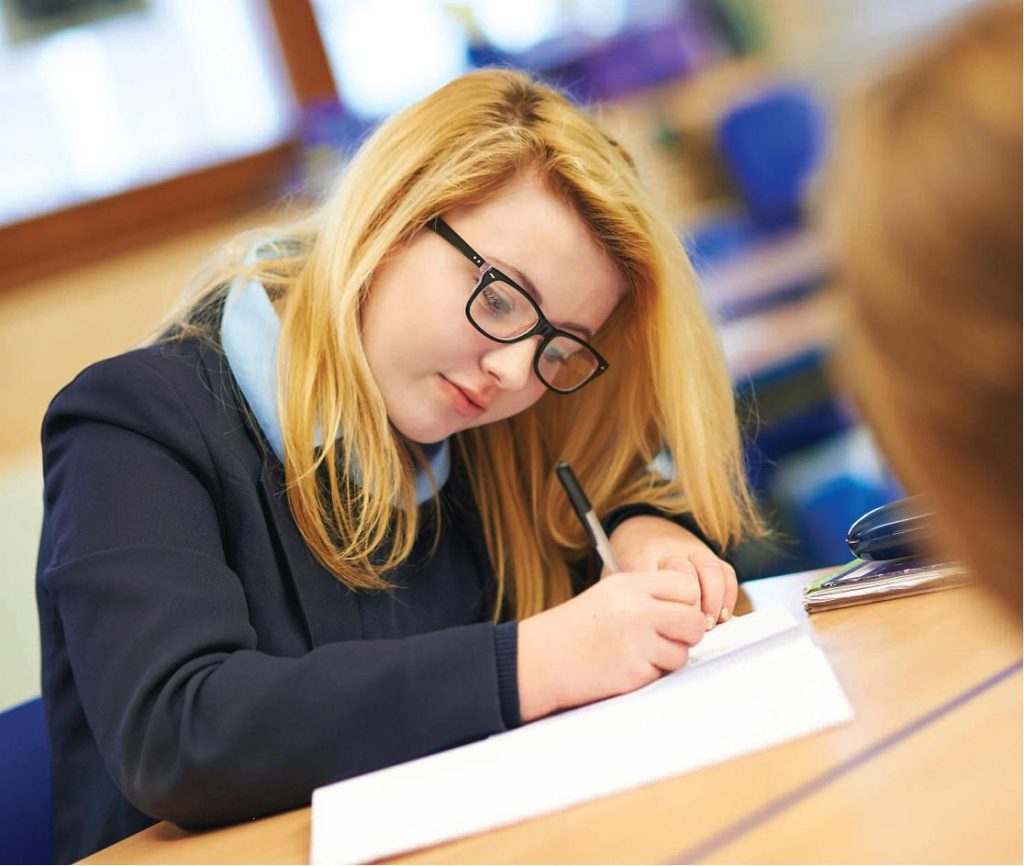
Michelle Shin presents an inspiring lesson plan aimed at getting your students to think like travel writers. Using their memories of a previous trip (or one they’ll embark on soon), students are encouraged to combine imaginative creative writing with accurate research and present their recollections in a clear and compelling narrative structure.
4 | Encourage Learners To Edit And Assess Their Work
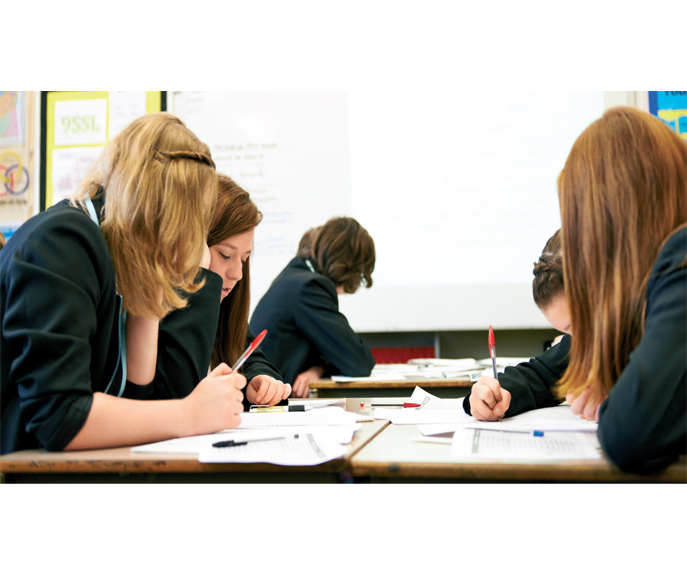
This lesson encourages and fuses self-editing with intensive assessment for learning. It combines active learning, independent study, self and peer assessment. All of these lesson elements are universal to the entire curriculum and can be easily implemented in any classroom.
Teachers can easily show progress at periodic moments in the lesson and learners can clearly see where and how this progress is being made.
In addition to this, the amount of teacher lead minutes is minimal and students have an element of choice and take 100% ownership over their own work.
Trending
5 | Take A Workshop Style Approach To Help Students Build Exam Technique Confidence
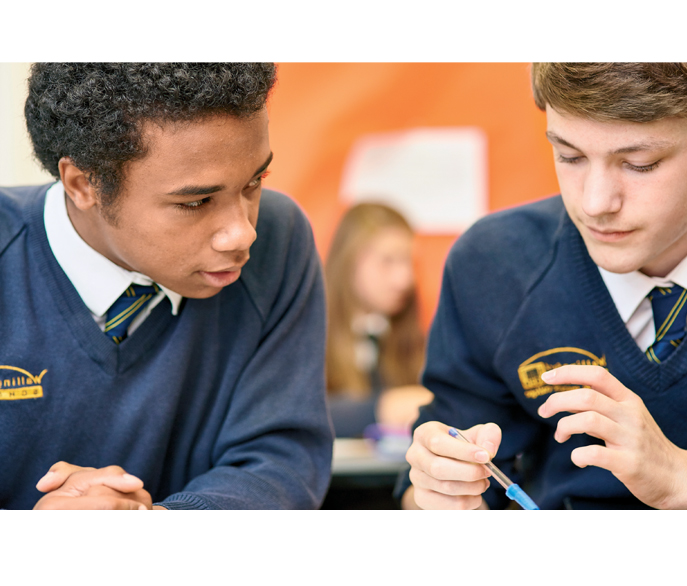
Students need to see writing as an art form, constructing narratives and piecing together ideas until they form rich literary narrative, not sticking to a predetermined layout.
A good way to start this process is to put an emphasis on reading for change, and to mould students into dynamic readers who share their ideas in constructive ways. Take more of an exploratory and ‘workshop’ style approach to allow students to build confidence in exam technique and feel prepared to tackle questions independently.
6 | Use Multimedia And Collaborative Activities To Perfect Close Analysis Skills
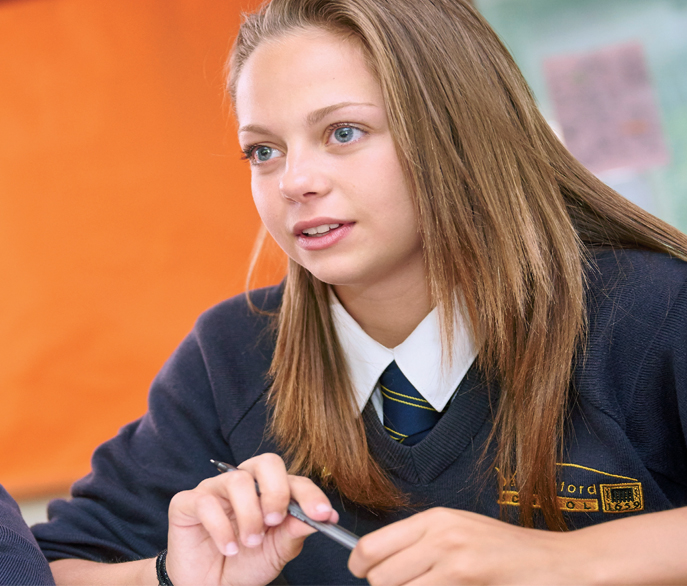
There is a wealth of free multimedia materials floating around in the ether that are ours for the taking.
With a pinch of creative magic, you can easily transform these materials into fantastic stimuli through which our students can practise and perfect their close analysis skills. Pair these whizzy stimulus materials with collaborative and competitive activities and hey, presto – the class is buzzing!
This interactive approach to close analysis will have students immersed in their learning. Using multimedia and collaborative activities, students have the opportunity to really delve into the nuances of language, developing a critical eye as well as an appreciation for the art of the written word.
7 | Increase Evaluation Skills And Independence By Giving Students A Two Question Limit

Do you spend much of each lesson answering questions because pupils are terrified of failure or ‘getting it wrong’? This method forces kids to be resilient.
Each pupil is issued with two ‘banknotes’ which can be exchanged for information or materials. However, once they’re gone, they’re gone. This increases evaluation skills; why am I asking this? Is it worded correctly to get the most information? Is it worth using one of my tokens on this?








